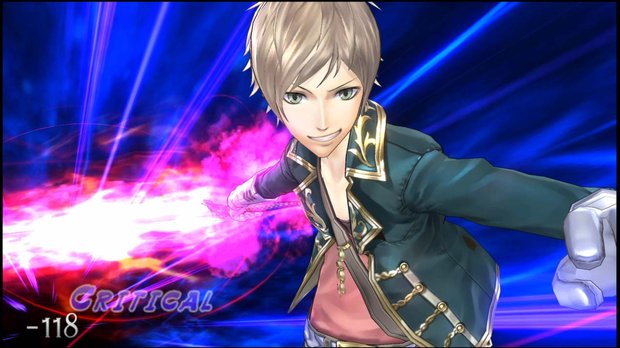GamesRadar+ Verdict
Pros
- +
Fun with alchemy
- +
Watching your land develop
- +
Seeing familiar faces
Cons
- -
Repetitive quests
- -
The unexciting narrative
- -
The lack of evolution in the series
Why you can trust GamesRadar+
An alchemist's work is never done – our three headstrong heroines from Arland know that better than anyone. Between mixing potions, creating armor, and killing off the most adorable enemies ever to grace the plains – Rorona, Totori, and Meruru are the pinnacle of child labor abuse. Thankfully, despite revolving around task-intensive gameplay, the Atelier series has always had a sneaky way of making its abundant demands entertaining. And with the three characters that made up the Arland tales of the Atelier series’ PS3 titles, namely 2010’s Atelier Rorona, 2011’s Atelier Totori, and this final game, there’s no shortage of tales to tell. Much like any job, when we're around people we like, it's more tolerable. And all was going well until Meruru entered the ring – she simply lacks the charm and appeal to drive us to work for her. But the third Arland title fails to create a strong impact; it's the dreaded title in a trilogy that leaves you wanting. Still, that's not to say you can't have some fun with it.
There was a lot of potential for developer Gust to take risks with Meruru's story and character development. After all, what separates Meruru from other protagonists in the series is that she's the princess of Arls Kingdom. And since the series has always been about its core female characters blossoming into adulthood, you would think adding in royalty would create an interesting premise… but unfortunately, it doesn't. The central conflict is Meruru proving to her father, the king, that she can be a successful alchemist. To do this, she must improve Arls Kingdom so it can merge with Arland, along with help from Totori, our previous oh-so-adorable alchemist in the series.
The issue is there's not really much at stake for Meruru. Unlike Totori's entry, which focused on her personal journey of looking for her mother, Meruru doesn't have a personal hook to drive the narrative. She wants to be an alchemist basically because she's a bored princess and she doesn't grow as a character, as previous protagonists have. Sure, it's honorable that she has such faith in building Arls, but without a true conflict of her own, there's not much to keep her story afloat.
Perhaps the subpar story wouldn't be such a big deal if the characters were strong, but Meruru's supporting cast is uninspired. They're not awful, as there are some interesting character relationships, such as brothers Lias and Rufus' strained connection, but the game needsed more of these interactions. Scenes will sporadically unlock based on your actions, but only a handful of these scenes are worthwhile and much of the dialogue feels like filler. A little more charm and a lot more effort with these scenes could have significantly improved the game's narrative. As it stands, this is probably the most disappointing entry for story and characters, and since this is the finale of the Arland arc – that's frustrating.

Like its predecessors, Meruru is still focused around time management. Want to synthesize? Travel to new locales? Rest your character for a health recharge? It'll cost you days and the game enforces a three (later five) year span to prove Meruru's got the alchemical chops to impress her dad. But don't have a panic attack over the time limit – the game is extremely lenient and doesn't punish you for a making mistakes.
More info
| Genre | Role Playing |
| Platform | "PS3" |
| Alternative names | "Atelier Meruru: Alchemist of Arland 3" |


